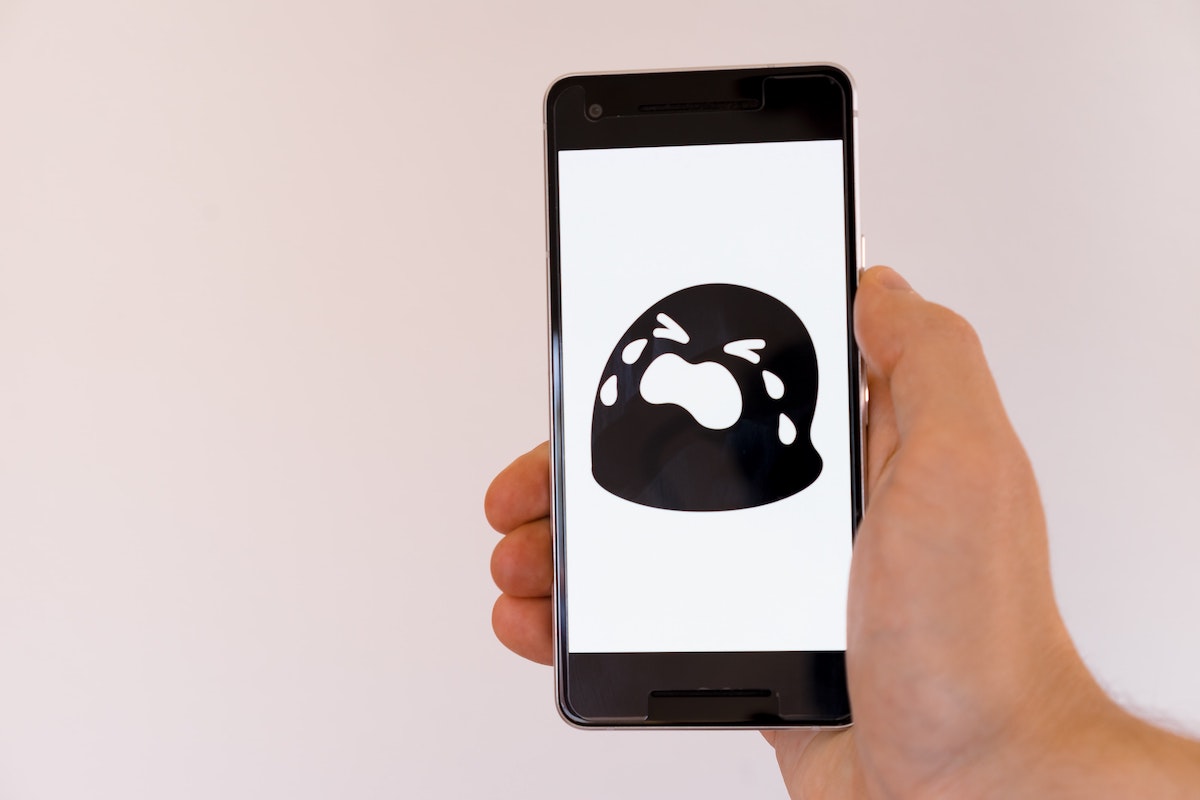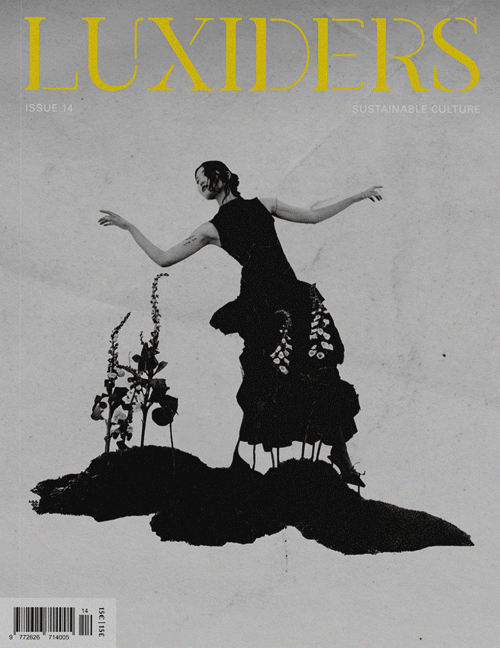
Mental Health Memes, Do They Really Help?
In the meme world there’s no in between, it either makes you laugh or makes you cry. Mental health memes have increased and with them the diversity of opinions.
We are living in the reign of the meme. All you have to do is open any social media of your choosing to find millions of memes. Think of a topic, any topic, I assure you there already are hundreds of memes about it. They help us to have a good laugh and, moreover they make us feel part of a group. How many times have we seen one and thought: “hahahah, that’s literally me”.
They are like an inside joke that you share with all your community. The most common ones are light – hearted, however, over the last few years memes about depression, anxiety, isolation, hopelessness, and other mental health issues have been on the rise. Thus, the big questions arose: do memes help people with mental health issues, or do they make it worse?
The Selfish Gene, a book written by the ethologist, evolutionary biologist, and author Richard Dawkins was the first to mention the term “meme” back in 1976. It was defined as a unit of cultural transmission – the cultural equivalent of a gene”. According to Dawkins memes indicated “tunes, ideas, catchphrases, clothes fashions, ways of making pots or building arches”. The world has evolved and so has the gene analogy: “Just as genes propagate themselves in the gene pool by leaping from body to body via sperms or eggs, so memes propagate themselves in the meme pool by leaping from brain to brain.”


DARK HUMOUR AS A COPING MECHANISM
Due to the increased popularity of the so called “depressive memes” the Sheffield Hallam University conducted a study to find out if these memes are a coping mechanism for people with mental illness. As humor is often used as a way of regulating our emotions, they wanted to test if depressed people, who have difficulty regulating their emotions, related to depressive memes.
Among the results they found that the depressed group rated depressive memes as more relatable and funnier compared to the people in the non – depressed group. One of the highlights is that the depressed group thought that those memes could improve the mood of others with depression, whereas the other group didn’t.

Mental health memes are especially popular among young people. Dr Jen Wills Lamacq, a child and educational psychologist lectures psychology students on social media at University College London, in an interview for Refinery 29 stated that she’s notices a shift in the way young people talk about their emotional experiences.
“I can sense a liberation in young people feeling able to voice something that, in a different life, would have been something they would feel ashamed of. There is a kind of hedonism in saying, ‘This is me, and it’s fine!’ It is encouraging that there is a generation who are happy to embrace their quirks. But as a clinician, I question whether it is a wholly positive thing to be sharing these elements of ourselves online.” – Dr Jen Wills Lamacq.


The language used by the experts relies heavily on clinical terms and is often difficult to explain emotions in simple words. In Wills words: “I have to do quite a lot of work with young people to think about what having a normal range of emotions means. For example, what is the appropriate response to having an exam or falling out with your best friend? These are stressful to someone at an early stage of their development but I think some young people are becoming afraid of feeling difficult things.”
Dr Wills remarked that while it’s important to de – pathologise emotion, there may be someone with very real distress who needs a skilled professional to support them. The problem is waiting lists and referral thresholds are extremely high. Mental health has always been of the most neglected areas of the healthcare system. The lack of attention and the powerful connective tool of social media have emerged creating a huge market of depressive memes and fake psychologists.
The bad reputation that precedes memes for promoting mental health problems and normalising them might not be totally true. Memes might help people see their situation differently, feel part of a group, understand that they’re not alone and change the way they view negative thoughts and experience. Nevertheless, we need to remember that we’re all different and not everyone uses dark humour as a coping mechanism. This form of online interaction may be positive, but we must not forget that having access to a support system and a psychologist is what really makes a difference.






